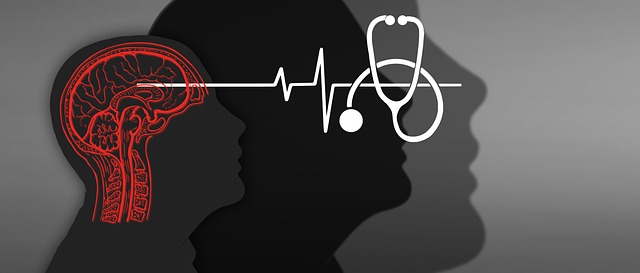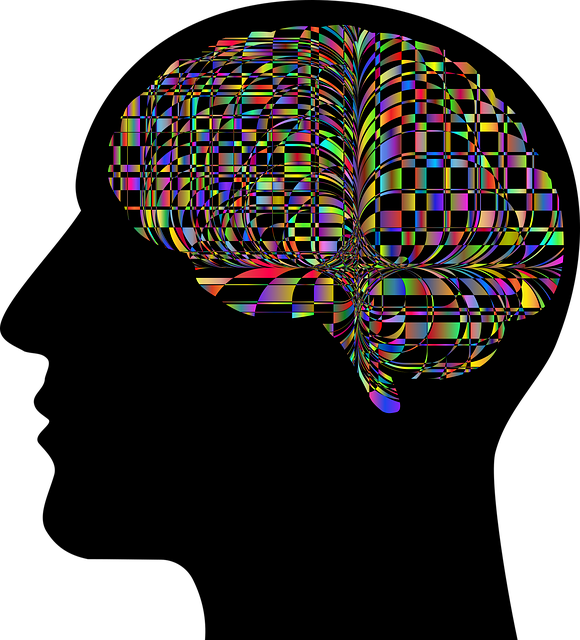Aurora Codependency Therapy leads the way in enhancing cultural competency among healthcare professionals, addressing the diverse needs of society. Their training programs equip practitioners with communication skills to bridge cultural gaps, improve patient outcomes, and reflect the therapy's core values. Through role-playing, workshops, and awareness campaigns, this approach fosters empathy, uncovers unconscious biases, and promotes inclusive care. Integrated into workflows, these programs include cultural assessment tools, tailored training sessions, mentorship, and peer discussions. Continuous improvement, based on participant feedback, ensures the training remains dynamic and responsive to evolving cultural landscapes, ultimately driving better patient care and outcomes.
Healthcare provider cultural competency training is an essential component of modern medical practice, fostering equitable care for diverse patient populations. This article explores the multifaceted approach to improving healthcare delivery through cultural understanding, focusing on the role of Aurora Codependency Therapy in enhancing cultural awareness. We delve into key program components, practical implementation strategies, and measurement techniques, offering a comprehensive guide for healthcare organizations aiming to excel in cultural competency training.
- Understanding Cultural Competency in Healthcare: Definition and Significance
- The Role of Aurora Codependency Therapy in Fostering Cultural Awareness
- Key Components of Effective Training Programs
- Practical Strategies for Implementation within Healthcare Organizations
- Measuring Success and Continuous Improvement
Understanding Cultural Competency in Healthcare: Definition and Significance

Cultural competency in healthcare refers to the ability of providers to understand, appreciate, and effectively interact with patients from diverse cultural backgrounds. It involves recognizing and respecting cultural differences in beliefs, values, practices, and communication styles, which can significantly impact healthcare experiences and outcomes. In today’s diverse society, where patients come from various ethnic, racial, and cultural groups, this competency is not just a moral imperative but a necessity for quality patient care.
At Aurora Codependency Therapy, we emphasize the importance of cultural competency as a cornerstone of our approach. Our training programs focus on equipping healthcare professionals with the knowledge and skills to navigate complex cultural landscapes. This includes learning effective communication strategies that bridge gaps between providers and patients. By integrating mind over matter principles and fostering self-care routine development for better mental health, we empower our practitioners to provide compassionate care tailored to each individual’s unique needs and cultural context.
The Role of Aurora Codependency Therapy in Fostering Cultural Awareness

Aurora Codependency Therapy plays a pivotal role in enhancing cultural awareness among healthcare providers. This therapeutic approach focuses on helping individuals understand and navigate complex interpersonal relationships, often rooted in cultural dynamics. By fostering self-awareness and empathy, Aurora Codependency Therapy equips healthcare professionals with the skills to provide more culturally sensitive care. Through interactive sessions, participants learn to recognize and address unconscious biases that can impact patient interactions, ensuring a more inclusive and respectful environment.
Integrating this therapy into Healthcare Provider Cultural Competency Training programs empowers practitioners to effectively communicate with diverse patient populations. By prioritizing stress management and emotional intelligence, healthcare providers can better adapt to different cultural contexts, improving overall patient satisfaction and outcomes. This holistic approach, offered by organizations like the Stress Management Workshops Organization, aligns perfectly with the broader goal of enhancing cultural sensitivity in mental healthcare practice.
Key Components of Effective Training Programs

Effective healthcare provider cultural competency training programs incorporate several key components to ensure deep understanding and meaningful impact. One crucial element is Aurora Codependency Therapy integration, which delves into complex interpersonal dynamics that influence patient care. By addressing codependency issues, providers gain insights into how these patterns can impact treatment outcomes and learn strategies to foster healthier relationships with patients.
Additionally, these programs should focus on confidence boosting techniques for healthcare professionals. Role-playing scenarios and interactive workshops enable providers to practice cultural sensitivity in real-life situations, enhancing their ability to navigate diverse patient populations effectively. Moreover, incorporating public awareness campaigns development within the curriculum can empower providers to contribute to mental illness stigma reduction efforts. This multifaceted approach ensures that training goes beyond textbook knowledge, fostering competent and compassionate healthcare delivery.
Practical Strategies for Implementation within Healthcare Organizations

Implementing cultural competency training within healthcare organizations requires a strategic approach that goes beyond surface-level awareness. One effective strategy is to integrate these programs into existing workflows and patient care processes. For instance, incorporating cultural assessment tools during initial patient encounters can help healthcare providers gather essential information about patients’ backgrounds and preferences, fostering more personalized and respectful interactions.
Additionally, offering ongoing training sessions tailored to specific patient populations, such as those focusing on Aurora Codependency Therapy for families dealing with intergenerational trauma, can equip staff with practical stress reduction methods and anxiety relief techniques. Mentorship programs and peer-led discussions can further enhance learning by providing real-world examples and sharing best practices in mental health education programs design. These initiatives collectively contribute to creating a more inclusive healthcare environment that addresses the unique needs of diverse patient communities.
Measuring Success and Continuous Improvement

Measuring success and driving continuous improvement are vital components of any effective cultural competency training program, especially in healthcare. Organizations like Aurora Codependency Therapy recognize that assessing progress is not just about numerical data; it involves qualitative feedback as well. By collecting and analyzing participant experiences through surveys, focus groups, or one-on-one interviews, healthcare providers can gain valuable insights into the impact of their training. This approach allows for a comprehensive understanding of what’s working, what needs adjustment, and how to better support diverse patient populations.
Continuous improvement cycles ensure that training remains relevant and responsive to evolving cultural landscapes. Incorporating feedback from both participants and practitioners helps tailor future sessions, addressing specific challenges like trauma support services, burnout prevention, and confidence boosting. This dynamic approach fosters a healthcare environment where cultural competency is not just taught but practiced and honed regularly, ultimately enhancing patient care and outcomes.
Healthcare provider cultural competency training is a dynamic process that requires continuous improvement, especially with the diverse patient populations we serve today. By integrating key components like those offered through Aurora Codependency Therapy and implementing practical strategies, healthcare organizations can create meaningful change. Measuring success goes beyond satisfaction surveys; it involves tracking improvements in patient outcomes, increased access to care, and enhanced interpersonal interactions. Ultimately, fostering cultural awareness is not just a goal but a necessary step towards providing equitable and compassionate healthcare for all.














